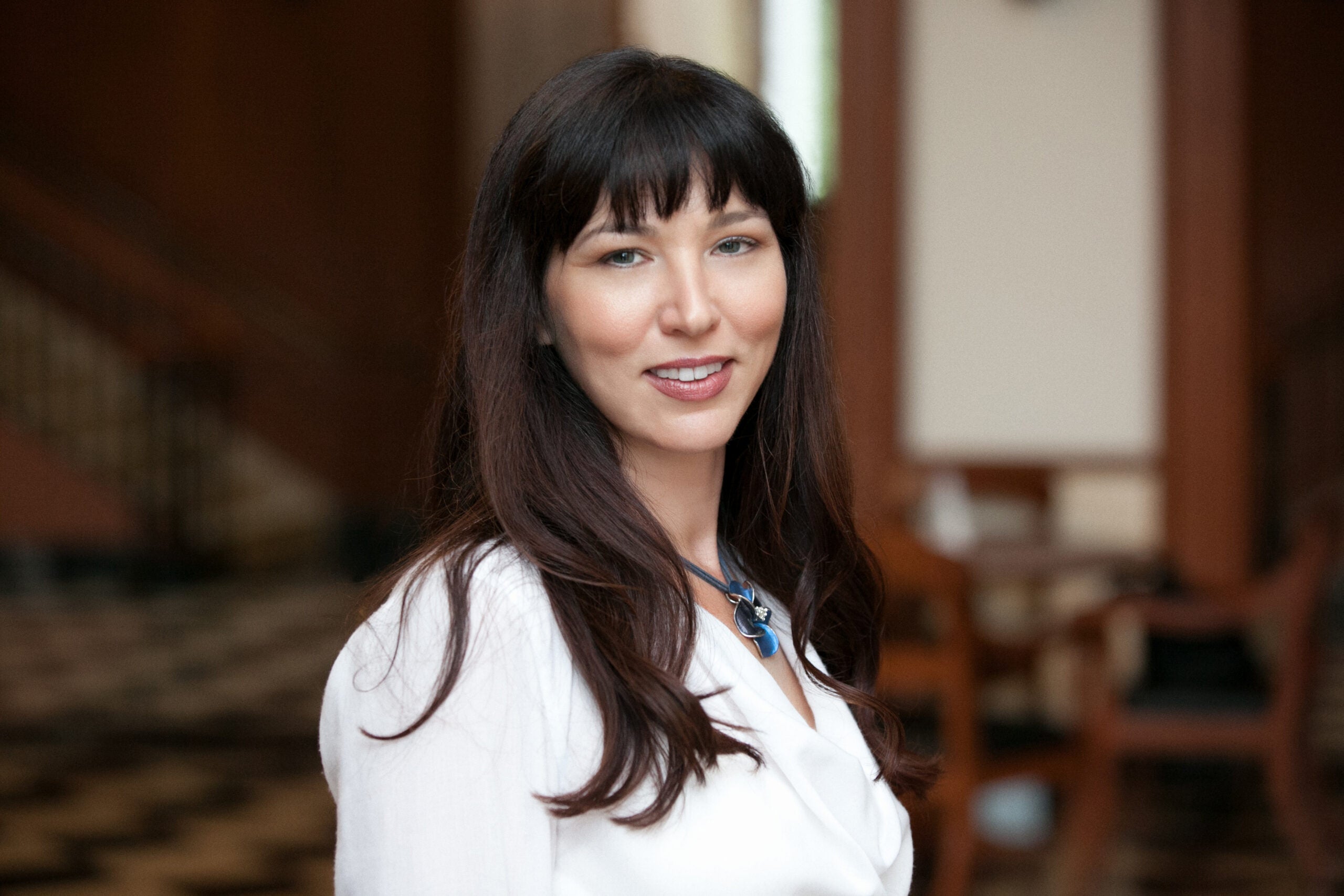Gabriella Blum LL.M. ’01 S.J.D. ’03, Rita E. Hauser Professor of Human Rights and Humanitarian Law at Harvard Law School has been named a 2016 Andrew Carnegie Fellow by the Carnegie Corporation of New York. The award recognizes scholars for significant work in social science and humanities. Each of the 33 fellows will receive up to $200,000 to fund one to two years of scholarly research and writing focused on the world’s most urgent challenges to U.S. democracy and international order.
The anticipated result of each fellowship is the publication of a book or major study.
Blum’s work spans public international law, international negotiations, the law of armed conflict, and counterterrorism. She is also the Faculty Director of Harvard Law School’s Program on International Law and Armed Conflict (PILAC) and a member of the Program on Negotiation Executive Board. Her most recent book, “The Future of Violence: Robots and Germs, Hackers and Drones – Confronting a New Age of Threat,” co-authored with Benjamin Wittes (Basic Books, 2015), received the Roy C. Palmer Civil Liberties Prize. Prior to joining the Harvard faculty in the fall of 2005, she served for seven years as a Senior Legal Advisor in the International Law Department of the Military Advocate General’s Corps in the Israel Defense Forces, and for another year, as a Strategy Advisor to the Israeli National Security Council.
“As the world faces unprecedented challenges to democracy and international order, Gabby Blum brings unique combinations of vision and practicality, legal expertise and insights from philosophy, psychology, political science, and technology,” said Martha Minow, the Morgan and Helen Chu Dean and Professor at Harvard Law School. “How terrific to see her path-breaking scholarship on humanitarian law, violent conflict, and counterterrorism recognized and supported through the sought-after Carnegie Fellowship.”
Vartan Gregorian, president of Carnegie Corporation of New York, said: “Our founder, Andrew Carnegie, charged Carnegie Corporation with the task of creating, advancing, and diffusing knowledge in order to enlighten American society and strengthen our democracy. This outstanding new cohort of 33 Carnegie Fellows is a result of that mandate. While there are many excellent fellowship and scholarly opportunities in our nation, what distinguishes the Carnegie Fellows is the broad range of their scholarship, as well as the program’s thorough selection process. The nominators, evaluators, and jurors, all of whom are prominent scholars and academic leaders, gave their time and dedication to support this initiative and these exceptional fellows.”
The nominating process entailed three levels of review and began with the Corporation seeking recommendations from more than 600 leaders representing a range of universities, think tanks, publishers, and nonprofit organizations nationwide. They nominated some 200 candidates, whose proposals were evaluated by an anonymous team of prominent scholars, educators, and intellectuals. The final selections were made by a distinguished panel of 16 jurors, including heads of the nations’s premier scholarly institutions, leading universities and foundations.
“We reviewed proposals from the nation’s preeminent scholars and thinkers, as well as from the next generation of promising thinkers and writers. This year’s fellows represent a remarkable range of institutions and organizations, and all share a determination to bring new insights to their fields of study,” said Susan Hockfield, President Emerita of the Massachusetts Institute of Technology, who chaired the panel of jurors. “The large number of truly outstanding proposals makes the jury’s task difficult, but it also renews our confidence that social science and humanistic perspectives will—and must—contribute to designing solutions to today’s most complex challenges.”
More information about each of this year’s Carnegie Fellows is available at https://www.carnegie.org/programs/andrew-carnegie-fellows/.
